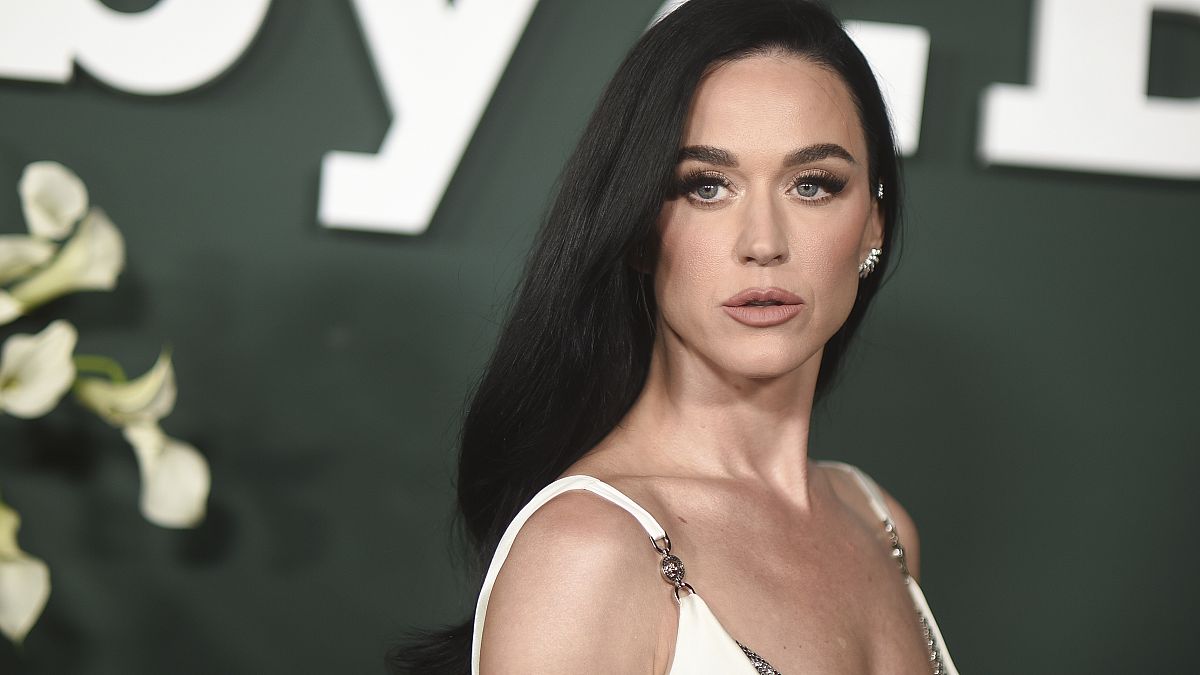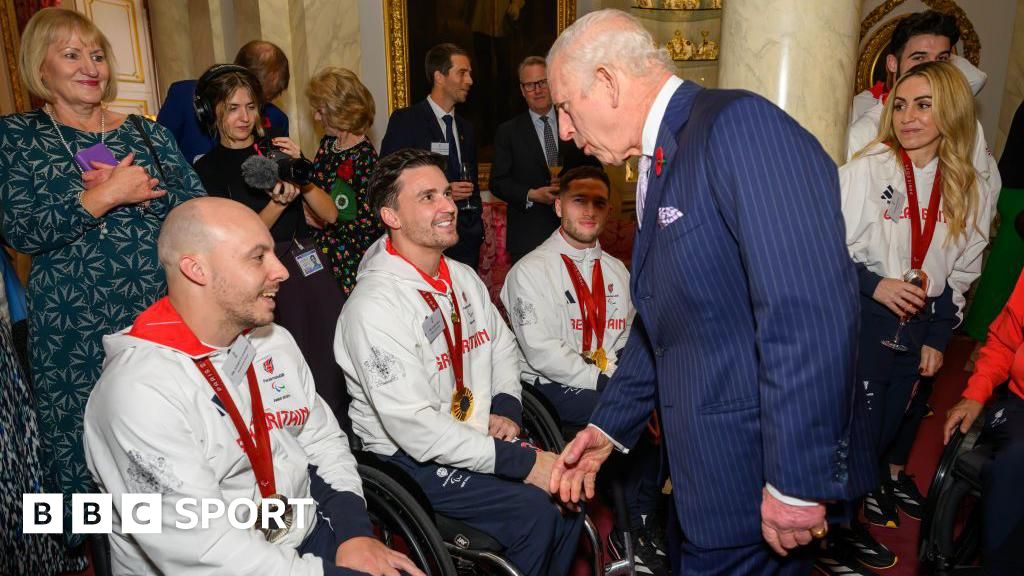Fitness
What we can learn about nutrition from vegan athletes

About nine years ago, ultra runner Sandeep Kumar decided to switch over to a vegan diet after learning of its benefits. Until then, the energy-dense food that he had been consumingto cater to the demands of distance running had often resulted in weight gain. He also realised that his body was taking longer to recover from the workout and in turn, it was affecting his performance the following day.
Over three months, Kumar worked towards switching his diet, gradually cutting out dairy products and taking up vegan alternatives. He soon noticed an improvement in his performance and felt good about his body on the whole.
“Endurance running is a lot about the efficiency of movement that comes when you maintain optimal weight. Though I was fast, I felt burnt out after every run,” Kumar says.
“I initially had a few issues regarding the number of calories I was consuming when I started adapting to a vegan diet. But once I figured out the right proportions, I got leaner, my overall cardiovascular fitness and sleep pattern got better, and my recovery was quite good as well,” he adds.
View Full Image
Over the last few years, Kumar has gone on to compete at a number of ultra races around the world. His latest race in June was ‘Mauritius by UTMB’. The 58km course started by the sea and climbed through a forest, recording an elevation gain of about 1,800 metres. Unseasonal rain made the going tough. Kumar even went off route at one point, losing about 25 minutes in the process. But he eventually finished seventh overall and second in his age category.
“In most races like these, you have to be self-reliant when it comes to the nutrition because you don’t know what the organiser will provide at aid stations. Over time, I have figured out the pre-race diet I need to follow, as well as the things that I can consume to fuel my runs,” he says.
According to Kuntal Joisher, a vegan mountaineer who has climbed Everest twice, the relationship between a vegan diet and athletic performance revolves around two fundamental issues: the amount and quality of protein that one can get from a vegan diet, and whether the body is getting adequate micronutrients.
“Almost every study comparing vegan and omnivorous diets has shown that vegans can build the same amount of muscle mass through protein that comes from diverse sources. And micronutrients such as B12 and D3, which are not available in vegan diets, can easily be consumed through supplements. So picking between plant and animal protein all depends on what your end goal is,” Joisher says.

View Full Image
Sankrit Harimohan, a strength and conditioning performance coach at Invictus Performance Lab, believes that while there is a significant amount of protein available in vegan diets, what matters is how one consumes it to meet their needs.
“As a vegan, you may have to eat a variety of vegetables, nuts and seeds to hit your nutrition goals, say, as compared to someone who consumes a steak. The portion sizes will also matter and you will have to eat a lot more frequently to meet the protein requirement. But there’s a whole lot of evidence that suggests you can hit all your goals through a vegan diet,” he says.
“A few studies have indicated some gains as well. For instance, going vegan impacts a person’s endurance because it improves mitochondria density and red blood cell production. But in terms of performance benefits, research hasn’t shown any significant gains while following a vegan diet over an omnivorous diet or vice versa,” he adds.

View Full Image
For athletes making the switch to a vegan diet, it might be worthwhile to study Harimohan’s example. He ensures that he eases off the training for a bit to allow the body to find a certain degree of homeostasis, before reintroducing a higher workload.
“Switching to a vegan diet is an individual call that needs to be made in consultation with a nutritionist or a registered dietician. And once that decision is made, a performance coach’s job is to optimise the training based on the fuelling,” he says.
Joisher, who has been to over 45 expeditions in the high mountains, has never faced any problems on the climbs while following a vegan diet. His focus has always been on consuming enough calories, a lot of it through carbs for the efforts of endurance that climbing demands.
“A vegan diet itself is not lacking in anything. But one needs to be well educated about nutrition to ensure there’s enough fuel and calories for the body to perform at altitude,” Joisher says.
That said, there have been situations where Joisher has struggled to get expedition cooks to understand his dietary needs. On some occasions, he also had to be self-sufficient higher up on the mountain where vegan resources were hard to find. This is a challenge when following a vegan diet, Harimohan believes.
“For athletes who are travelling, living in hotels or following irregular schedules, things can often get difficult when it comes to finding the right nutrition. If options are available a few years down the line, I don’t see any problems for those who wish to follow a vegan diet,” he says.
Shail Desai is a Mumbai-based journalist.







